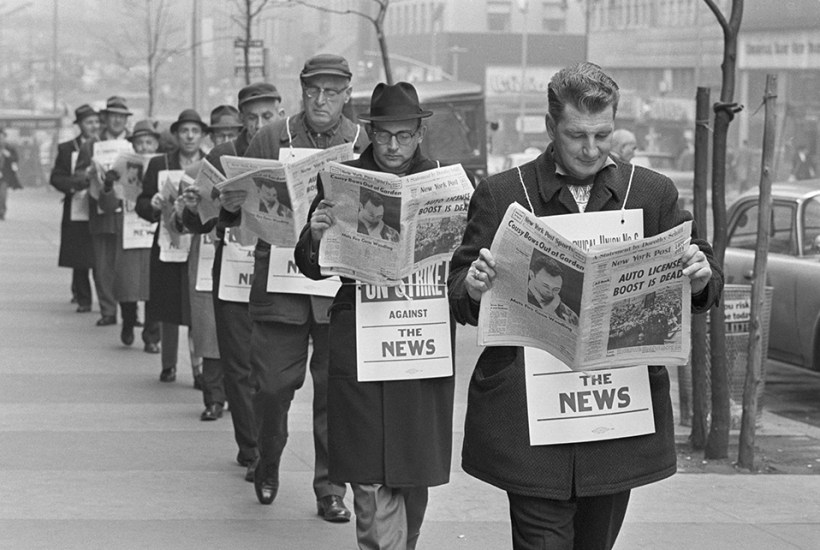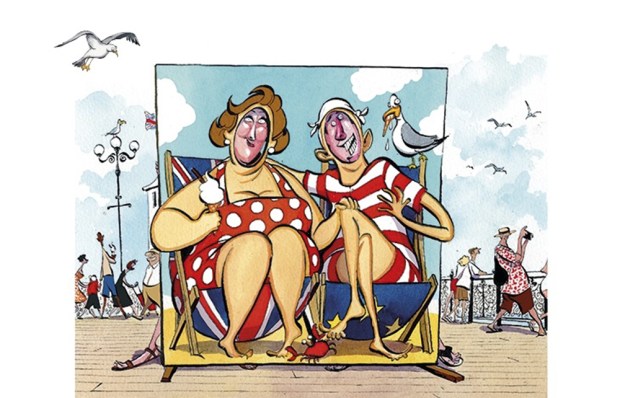The psychologist Daniel Kahneman, who died last month aged 90, was perhaps most famous for his dictum that: ‘Nothing in life is as important as you think it is when you are thinking about it.’ This is often known as the focusing illusion.
The theory explains, say, why a recent Lottery winner with bad toothache may, in the moment, be little happier than a skint person with bad toothache, since in both cases their attention is focused on the pain, not their financial situation.
Already a subscriber? Log in
Subscribe for just $2 a week
Try a month of The Spectator Australia absolutely free and without commitment. Not only that but – if you choose to continue – you’ll pay just $2 a week for your first year.
- Unlimited access to spectator.com.au and app
- The weekly edition on the Spectator Australia app
- Spectator podcasts and newsletters
- Full access to spectator.co.uk
Unlock this article
You might disagree with half of it, but you’ll enjoy reading all of it. Try your first month for free, then just $2 a week for the remainder of your first year.















Comments
Don't miss out
Join the conversation with other Spectator Australia readers. Subscribe to leave a comment.
SUBSCRIBEAlready a subscriber? Log in